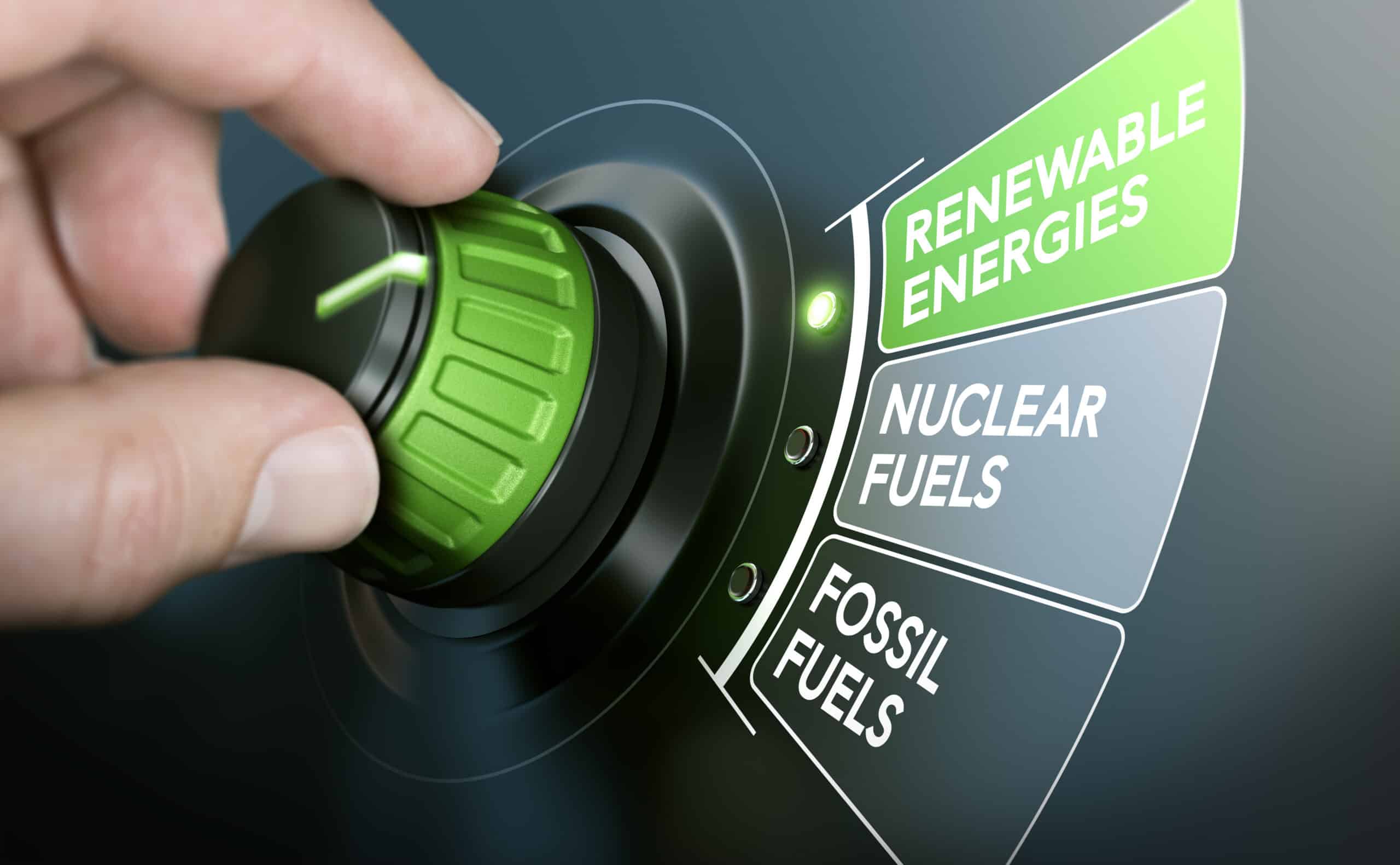Energy is one the drivers of economic and social development and not so long ago the only concern over energy was an increase in oil prices. Developing countries rightfully claim that richer nations have used dirty fuels for more than 200 years to expand their economies and enrich they regions. Poorer countries however are faced with with the same strict climate related legislative requirements while battling with unemployment and diseases.Load shedding has become routine in South Africa, but the country wants to wean itself off the coal that generates more than 80% of its electricity making it the world’s 12th-biggest source of greenhouse gas emissions.
The fuel generates less than half the greenhouse gases that coal does. Africa has been responsible for between 3.4% and 3.8% of the world’s greenhouse gas emissions in the past two decades – the smallest contributor of all regions – yet the region that suffers the most. The energy action plan objectives announced by the South African government, sees in the short term to reduce the severity of loadshedding and in the long term to end loadshedding completely. As a business with vast amounts of experience and seasoned professionals, we know that the countries energy mix will comprise of a medley of energy resources, but supporting base-load with cleaner auxiliary energy, always is the smart way to go.
Will fossil fuels and coal remain the dominant resource on the African continent by 2050?
The slow progress of climate frameworks is one of the issues that keeps Africa’s business and governments pondering at night – but energy prices and the high volatility have become more critical in the absence of a clear path for the future of the clean energy sector. We are only now seeing somewhat of an accelerated change in policy, technological innovation, digitalisation and consumer demand, which is making the energy market increasingly complex. Current business models struggle to compete with both competitiveness and affordable power for the future, while geopolitical, economic and legislative risks such as grid capacity threaten the growth and innovation of a high-potential sector. Energy efficiency will remain a high priority from utility scale demand to the every day consumer, but requires a longer term approach to the financing by utilising tailor-made Private-Public-Partnership (PPPs) models to bridge the gap between government incentives and implementation.
The Energy Trilema
The low hanging fruit may have been picked but we now need additional demand-based investment and stronger technical standards to reduce the pressure on a country that is running on life-support.
MEB’s efforts is to increase access to power for a rapidly growing population, otherwise many people could lose access to basic forms of energy by 2050 which builds more barriers to entry and slows down progress. We invest in sustainable energy solutions because we believe that this is how to contribute to prosperity and ingenuity, while greening the world. Curious about our solutions and service offerings? Chat to one of our experts today

